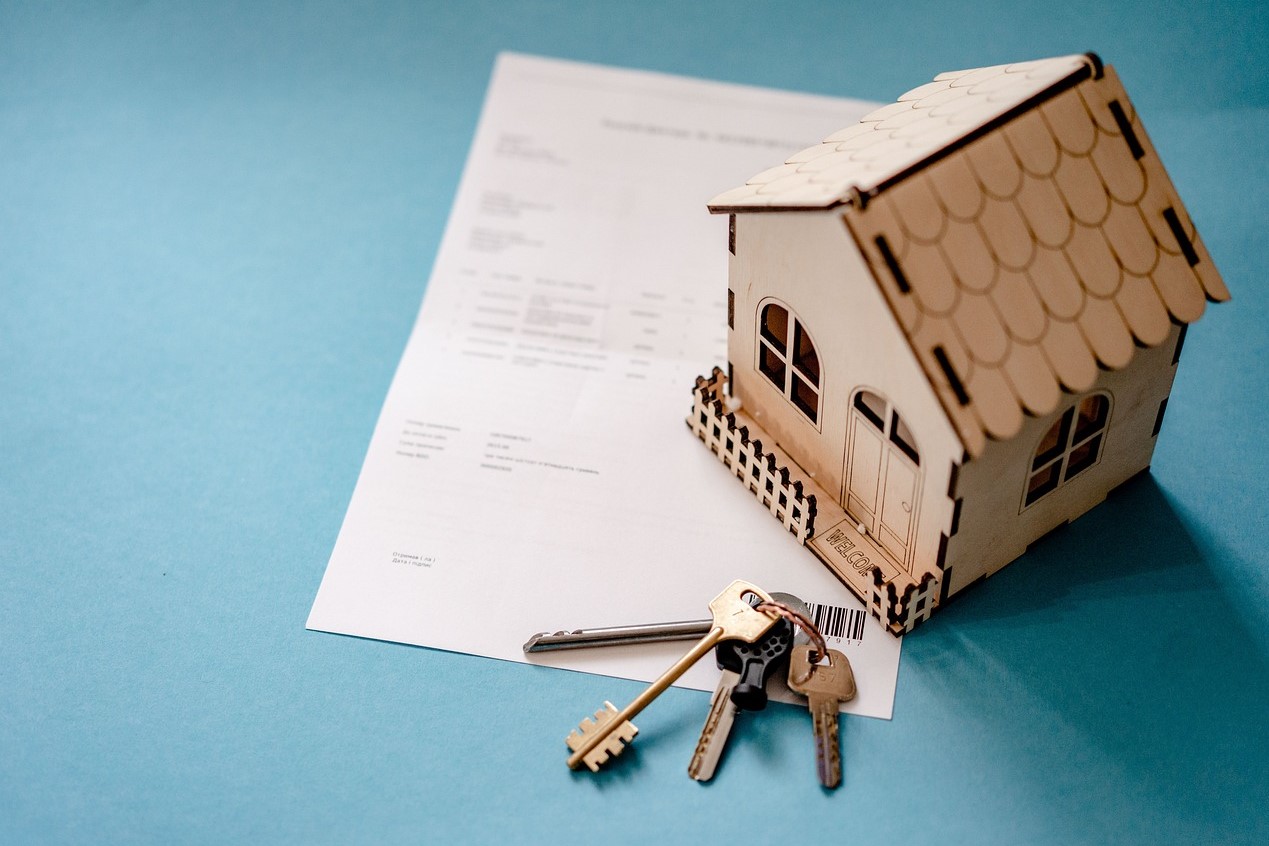An electronic registry of illegal buildings would accelerate the process of legalization
The current approach to solving the issue of illegal construction has not yielded desired results even after nearly 30 years. In cities with up to 100,000 inhabitants, an average of 40,000 cases await legalization. Annually, about 1,500 cases are resolved, while an equal number of new cases arise. The Gray Book by NALED offers a solution, highlighting the establishment of a Unified Registry of illegally constructed buildings and applications for legalization (JENGO), accessible to citizens via a digital platform.
This registry aims to primarily encompass around two million buildings awaiting legalization, containing all necessary data and documents for streamlined citizen access and efficient oversight by authorities. It would enable continuous analysis of requests and resolution issues to enhance future efficiency. Centralizing the system and establishing a public information portal would further reduce opportunities for corruption in this sector.
- Millions of citizens currently use illegal buildings for living or working, but cannot transact them, use them as collateral for loans, or register business activities. These buildings have significantly lower value and often lack essential utilities like water and electricity. The majority have applied for legalization, but face multi-year delays in processing. Therefore, it is crucial to digitize the entire procedure promptly and integrate all stakeholders into a centralized system akin to the construction permit issuance portal. This would centralize all processes—from registering existing and new applications, exchanging documents between government entities and citizens, tracking cases, paying legalization fees, to final cadaster registration, stated Jelena Bojović, NALED's Program Director.
One of the key reasons for inefficiency in Serbia's legalization process is the capacity shortfall in local governments. Thus, it is proposed to involve specially formed commissions comprising judicial and other relevant professionals, including public notaries, in the property rights determination and validation process. Additionally, simplifying the current complex procedure by decoupling property ownership registration from urban planning requirements is recommended. Issues regarding compliance with spatial and urban planning documents could be resolved through annotation registration, informing prospective buyers of legal deficiencies in registered properties.
Furthermore, 2.7 million properties fall under the category of "partially regulated market," possessing building permits but lacking usage permits or complete documentation for cadaster registration. Addressing these properties involves identifying presumed owners based on available evidence and conducting registrations.
- Diverse rules can be established for specific legal scenarios to facilitate mass registration. For instance, if the applicant for building legalization also owns the land, their personal identification number (JMBG) can be cross-verified for immediate registration. Similarly, tailored rules can be set for other scenarios such as joint property owners seeking legalization, buildings with construction permits but without usage permits, infrastructural facilities, and more, concluded Bojović.
To resolve substantial and long-standing property and legal issues, NALED prepared a comprehensive reform study late last year. This includes improving cadaster registration processes, implementing validation (konvalidacija) measures, legalizing illegally constructed buildings, and proposing solutions for land consolidation, restitution, expropriation, property taxation, public property management, and other proceedings.





